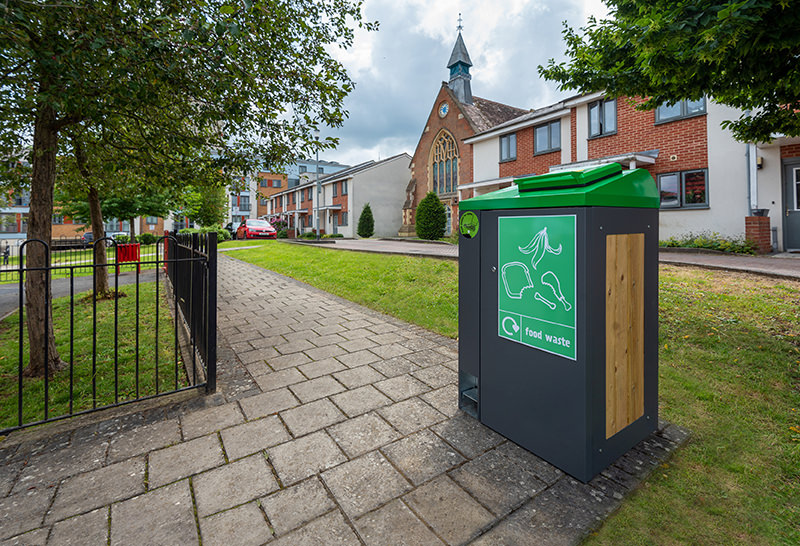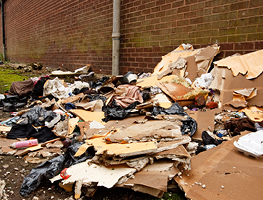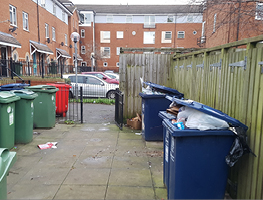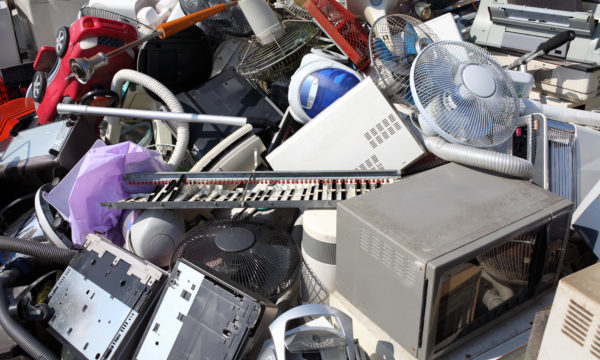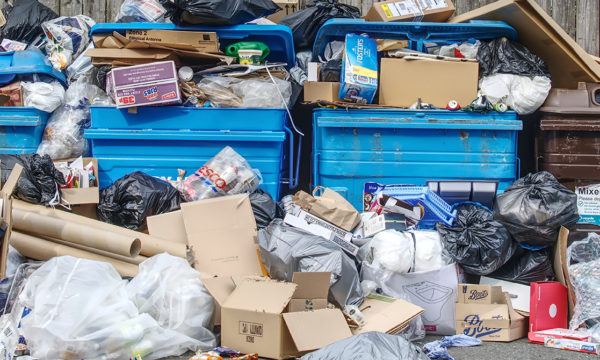On 21st October 2023, the Department for Environment, Food & Rural Affairs (DEFRA) announced its ‘Simpler Recycling’ plan. Contained within the new scheme are proposals for most households to receive weekly food waste collections by 2026, alongside recyclable waste streams such as glass; metal; plastic; paper; and garden waste, as well as a fortnightly collection of residual waste.
It’s envisioned that by making collection programs more accessible, the new system will help to increase good recycling practices without cluttering pavements with numerous bins and unhygienic food waste caddies that can often sit for weeks at a time.
In the following article, metroSTOR details the key aspects of the ‘Simpler Recycling’ plan, discussing the wider availability of accepted materials for households and businesses, and what these changes mean for local authorities and operators of Materials Recovery Facilities (MRF) in the coming years.
Changes in the New Plan and Key Dates
All UK local authorities will be required to collect all compulsory waste streams by 31st March 2026, as per the stipulations of the new plan, however, potential charges for garden waste collections will remain in effect. DEFRA has argued that the economic and environmental case for free garden waste collection is not yet strong enough to proceed with initial proposals.
Plastic film will also be available for recycling and collection under the plastic waste stream by 31st March 2027. The material is used in a whole host of applications including food packaging, plastic bags, building construction, and electrical fabrication. Only two types of plastic film can currently be recycled, high-density and low-density polyethylene, with the rest currently required to be disposed of as garbage. However, a lack of awareness regarding this has led to many households unintentionally contaminating recycling streams.
As per the new plan, it has been revealed that mixed recyclable materials will also be available for collection. DEFRA has proposed these new exemptions to enable collection teams to collect all dry recyclables and organic waste together, in order to reduce the number of bins required for collection. For MRF operators and local authorities already collecting mixed recycling, this will help considerably to ease the transition.
For businesses in the UK, the new rules contained in the scheme will apply from 31st March 2025, but will exclude garden waste and plastic film. In regards to residual waste, DEFRA has stated the expectation for at least fortnightly collections will help to avoid significant delays for foul-smelling waste to be removed. They will work alongside local authorities to evaluate the need for more frequent collections of residual waste, particularly in urban areas.
Energy From Waste Exceptions & Funding
It’s important to note that, under the requirements of the new plan, local authorities involved in energy from waste (EFW) or other waste-treatment practices, may be exempt from the 31st March 2026 deadline. DEFRA has stated this is to allow more transition time for those tied into long-term contracts, where failure to comply would likely result in large penalties.
Local authorities hindered by these circumstances will be required to provide evidence to support their argument. Specific regulations will then be set out as part of a transitional arrangement, establishing a new commencement date for them to begin compliance with the new plan.
In terms of funding available to local authorities, DEFRA said its response commits to providing “reasonable funding” to cover the costs to local authorities arising from new duties placed on them. Funding for local authorities will be provided through a combination of new burdens funding and payments through extended producer responsibility (EPR) for packaging.
New burdens funding will be made available to local authorities to assist in these new changes. Funds will be largely generated through the Government’s new Extended Producer Responsibility Scheme (EPR), which is due to come into effect in October 2025. This UK-wide policy is designed to ensure that packaging producers take more responsibility for the environmental impact of their operations, with the payment of a fee required based on the cost of recycling packaging on the market.
Food Waste Collections in Communal Residential Settings
While DEFRA’s ‘Simpler Recycling Plan’ is ultimately a crucial step forward for encouraging good recycling practice and enabling the generation of valuable resources from food waste, it’s important to consider the potential logistical issues faced by residents in communal buildings and densely populated urban areas.
Communal bin areas present unique considerations for ensuring effective recycling practice and food waste disposal. Individual wheeled bins are largely unfeasible due to the lack of storage space and practical constraints posed on collection crews, while the requirement to handle unsanitary bin lids when disposing of food waste can discourage resident participation.
metroSTOR FX Food Waste Bin Housings have been developed specifically for these households, assisting local authorities when mandatory food waste collections are in effect. metroSTOR FX-FP models are fitted with a foot-pedal operated lid system that offers touch-free operation, making it easier for residents to participate in sustainable food waste disposal by enabling them to place their food waste directly into the container without touching the bin or lid. This design approach also limits odours and other undesirable side effects caused by food degradation by ensuring the container is kept enclosed as soon as the food waste has been deposited, restricting contamination risks.


